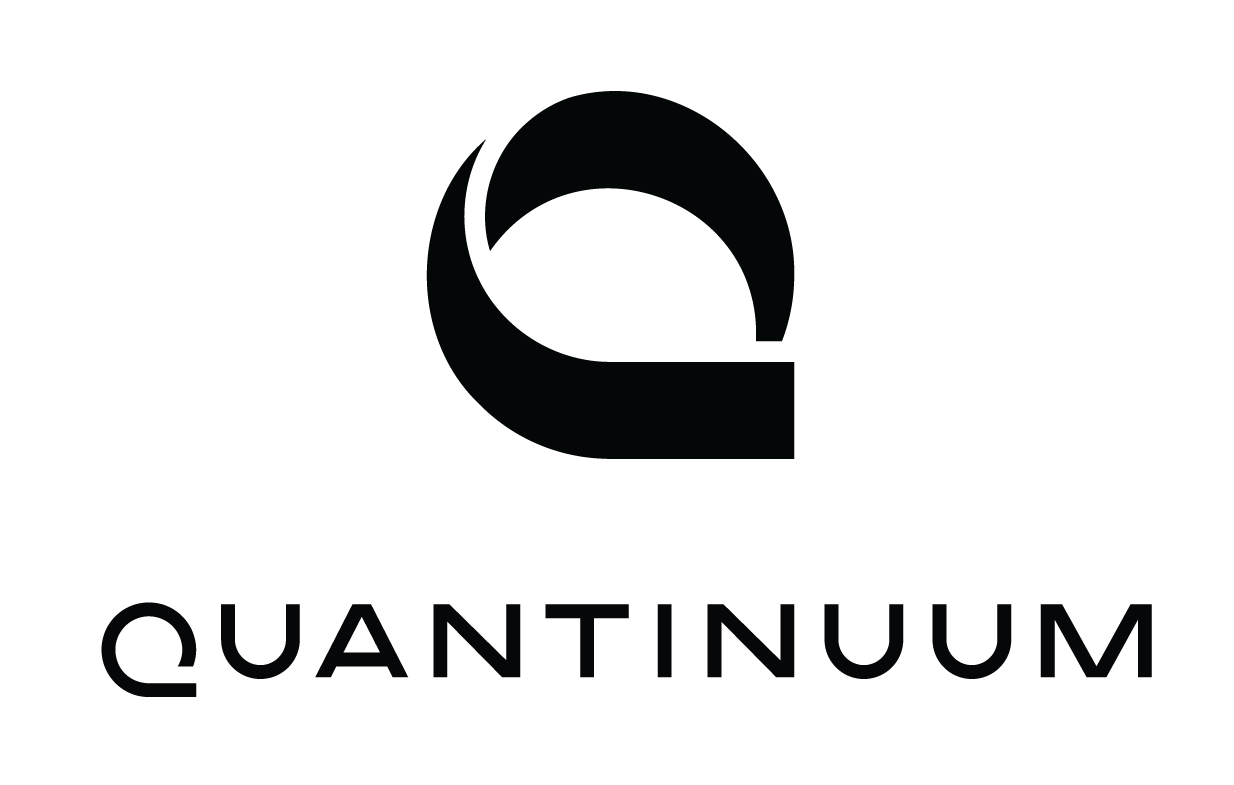Source code for pytket.extensions.qiskit.tket_pass
# Copyright 2019-2024 Quantinuum
#
# Licensed under the Apache License, Version 2.0 (the "License");
# you may not use this file except in compliance with the License.
# You may obtain a copy of the License at
#
# http://www.apache.org/licenses/LICENSE-2.0
#
# Unless required by applicable law or agreed to in writing, software
# distributed under the License is distributed on an "AS IS" BASIS,
# WITHOUT WARRANTIES OR CONDITIONS OF ANY KIND, either express or implied.
# See the License for the specific language governing permissions and
# limitations under the License.
from typing import Optional
from qiskit.dagcircuit import DAGCircuit # type: ignore
from qiskit.providers import BackendV1 # type: ignore
from qiskit.transpiler.basepasses import TransformationPass, BasePass as qBasePass # type: ignore
from qiskit.converters import circuit_to_dag, dag_to_circuit # type: ignore
from qiskit_aer.aerprovider import AerProvider # type: ignore # type: ignore
from qiskit_ibm_provider import IBMProvider # type: ignore
from pytket.passes import BasePass
from pytket.extensions.qiskit import (
IBMQBackend,
AerBackend,
AerStateBackend,
AerUnitaryBackend,
)
from .qiskit_convert import qiskit_to_tk, tk_to_qiskit
[docs]class TketPass(TransformationPass):
"""The tket compiler to be plugged in to the Qiskit compilation sequence"""
[docs] def __init__(self, tket_pass: BasePass):
"""Wraps a pytket compiler pass as a
:py:class:`qiskit.transpiler.TransformationPass`. A
:py:class:`qiskit.dagcircuit.DAGCircuit` is converted to a pytket
:py:class:`Circuit`. `tket_pass` will be run and the result is converted back.
:param tket_pass: The pytket compiler pass to run
:type tket_pass: BasePass
"""
qBasePass.__init__(self)
self._pass = tket_pass
[docs] def run(self, dag: DAGCircuit) -> DAGCircuit:
"""Run a preconfigured optimisation pass on the circuit and route for the given
backend.
:param dag: The circuit to optimise and route
:return: The modified circuit
"""
qc = dag_to_circuit(dag)
old_parameters = qc.parameters
circ = qiskit_to_tk(qc)
self._pass.apply(circ)
qc = tk_to_qiskit(circ)
new_param_lookup = {p._symbol_expr: p for p in qc.parameters}
subs_map = {new_param_lookup[p._symbol_expr]: p for p in old_parameters}
qc.assign_parameters(subs_map, inplace=True)
newdag = circuit_to_dag(qc)
newdag.name = dag.name
return newdag
[docs]class TketAutoPass(TketPass):
"""The tket compiler to be plugged in to the Qiskit compilation sequence"""
_aer_backend_map = {
"aer_simulator": AerBackend,
"aer_simulator_statevector": AerStateBackend,
"aer_simulator_unitary": AerUnitaryBackend,
}
[docs] def __init__(
self,
backend: BackendV1,
optimisation_level: int = 2,
token: Optional[str] = None,
):
"""Identifies a Qiskit backend and provides the corresponding default
compilation pass from pytket as a
:py:class:`qiskit.transpiler.TransformationPass`.
:param backend: The Qiskit backend to target. Accepts Aer or IBMQ backends.
:param optimisation_level: The level of optimisation to perform during
compilation. Level 0 just solves the device constraints without
optimising. Level 1 additionally performs some light optimisations.
Level 2 adds more computationally intensive optimisations. Defaults to 2.
:type optimisation_level: int, optional
:param token: Authentication token to use the `QiskitRuntimeService`.
:type token: Optional[str]
"""
if isinstance(backend._provider, AerProvider):
tk_backend = self._aer_backend_map[backend.name]()
elif isinstance(backend._provider, IBMProvider):
tk_backend = IBMQBackend(backend.name, token=token)
else:
raise NotImplementedError("This backend provider is not supported.")
super().__init__(tk_backend.default_compilation_pass(optimisation_level))
